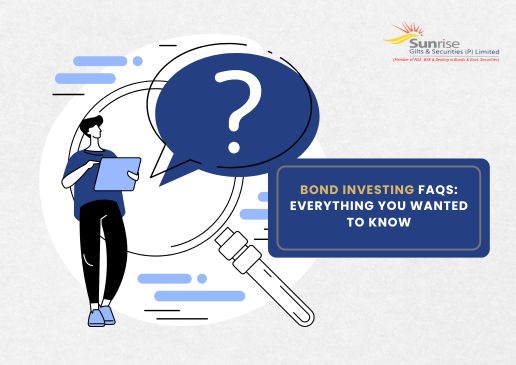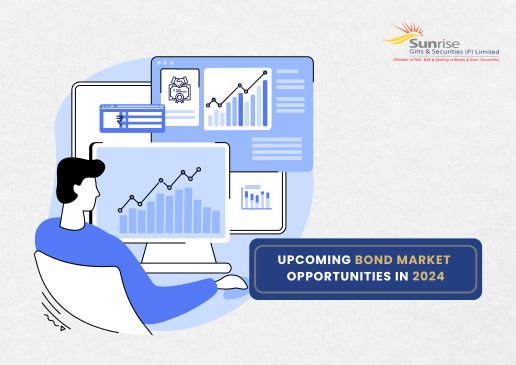
Best Practices for Building a Recession-Proof Portfolio in 2025
As we advance into 2025, the possibility of economic fluctuations, including recessions, continues to loom large in the minds of investors. History has shown that economic downturns can happen unexpectedly, and being prepared is crucial for protecting and growing your wealth during challenging times.
At Sunrise Gilts & Securities, we recognize the importance of building a resilient, recession-proof portfolio that can withstand economic turbulence. This blog outlines the best practices for constructing such a portfolio, focusing on diversification, asset selection, and strategic adjustments.
Understanding the Recession Landscape
A recession is typically defined as a significant decline in economic activity that lasts for an extended period, often characterized by falling GDP, rising unemployment rates, and reduced consumer spending. In anticipation of a recession, investors must adjust their strategies to safeguard their investments. The goal of a recession-proof portfolio is to provide stability and generate returns, even in adverse economic conditions.
Best Practices for Building a Recession-Proof Portfolio
1. Emphasize Diversification
Why Diversification Matters
Diversification is a fundamental principle of investing that involves spreading investments across various asset classes to mitigate risk. By diversifying, you can reduce the impact of any single investment's poor performance on your overall portfolio.
How to Diversify Effectively
- Asset Classes: Mix of stocks, bonds, real estate, and cash equivalents. Each performs differently in various conditions.
- Geographic Diversification: Invest in global markets to reduce exposure to domestic downturns.
- Sector Diversification: Include defensive sectors like utilities, healthcare, and consumer staples.
2. Focus on Defensive Stocks
What Are Defensive Stocks?
These are non-cyclical stocks from companies that provide essential services and goods—like healthcare and utilities. They tend to be more stable during recessions.
Key Characteristics:
- Stable earnings and dividend payouts during downturns
- Lower price volatility than cyclical stocks
Investment Strategy: Invest in well-established companies with strong financials and reliable dividend history.
3. Allocate to Fixed-Income Investments
The Role of Fixed-Income: Bonds provide income and stability during stock market declines.
- Government Bonds: Safe and low-risk (e.g., U.S. Treasuries)
- Corporate Bonds: Choose investment-grade bonds from financially stable firms
- TIPS: Inflation-protected bonds that help preserve purchasing power
Strategy: Balance your bond allocation with risk and income needs; consider bond ETFs for easier diversification.
4. Maintain Cash Reserves
Why It Matters: Cash offers liquidity for emergencies and investment opportunities.
How Much? Generally, 3–6 months of expenses in liquid savings or money market funds is a solid starting point.
5. Rebalance Your Portfolio Regularly
Why Rebalance? Over time, certain assets can grow or shrink out of proportion, changing your risk profile.
- Set a Schedule: Rebalance quarterly or semi-annually
- Watch the Market: Be ready to adjust toward safer assets when downturns are likely
6. Consider Alternative Investments
Alternative assets like real estate, commodities, and private equity can add diversification and act as inflation hedges.
- Low Correlation: Alternatives may move independently from stocks/bonds
- Inflation Protection: Real estate and commodities often hold value in inflationary periods
Strategy: Consider small allocations (via REITs, ETFs, etc.) that match your goals and risk tolerance.
Final Thoughts
Building a recession-proof portfolio in 2025 requires a proactive and strategic approach. By emphasizing diversification, focusing on defensive stocks, allocating to fixed-income investments, maintaining cash reserves, regularly rebalancing, and considering alternative investments, you can create a resilient portfolio.
At Sunrise Gilts & Securities, we believe that preparation and adaptability are key to successful investing. By implementing these best practices, you can navigate uncertainty with confidence and secure long-term financial stability. Start building your recession-proof portfolio today!
















